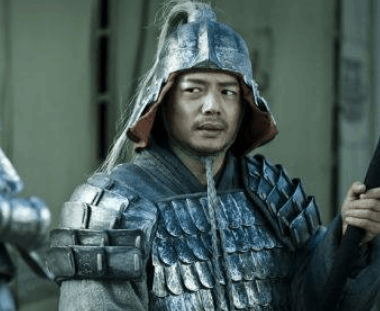The Spring and Autumn Period and the Warring States Period were an important stage in Chinese history and a critical period for the development of Chinese thought and culture. During this period, society was in turmoil with the wars among the feudal lords, but it was this turmoil that gave birth to the flourishing scene of contention among different schools of thought.

Firstly, the social unrest challenged the traditional ethical and educational systems. With frequent wars among the feudal states and the disorder of social order, people began to doubt the traditional ethical and educational systems and delve deeper into social reflection. This provided fertile ground for the emergence of various new ideas.
Secondly, the competition among the feudal states demanded intelligence and strategy. During this period, the competition among the feudal states was not only military confrontation but also a contest of intelligence and strategy. Therefore, various political, military, and philosophical ideas emerged to provide theoretical support for the rulers of each state.
Thirdly, the social unrest prompted people to reflect on the essence of life and society. In this era, people's lives were filled with uncertainty, which led them to ponder the meaning of life and gain a deeper understanding and recognition of the essence of society. This provided conditions for the emergence of various philosophical ideas.
Lastly, the cultural exchanges during the Spring and Autumn Period and the Warring States Period also facilitated the contention among different schools of thought. During this period, cultural exchanges among various regions and countries became increasingly frequent, and different ideological concepts collided with each other, sparking new ideas.
Overall, although the social unrest of the Spring and Autumn Period and the Warring States Period brought wars and chaos, it also provided conditions for the emergence of various new ideas and gave birth to the flourishing scene of contention among different schools of thought. This is also an irony of history, as often in the most tumultuous times, the vitality of culture is the most vigorous.
Disclaimer: The above content is sourced from the internet and the copyright belongs to the original author. If there is any infringement of your original copyright, please inform us and we will delete the relevant content as soon as possible.
































